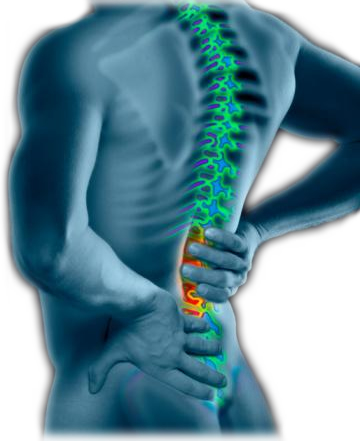
I have completed 29 and two days week i got very pain in my stomach i went hospital doctor said it was labor pain and she gave me Injection from inside i got very itchy inside now i am at home. what are other symptoms of labor pain.
Labour Pain
Labour Pain Relief
This page will give you information about pain that you may experience during labour and childbirth and the various methods on offer to help reduce it.
For most women childbirth happens twice in their life. for many of you reading this it will be your first baby. we hope the information we present here will act as an introduction so that you are better prepared to obtain further help and advice from the health professionals looking after you. we hope that with a better understanding and appropriate therapy the birth of your baby will be a comfortable and rewarding experience.
WHAT CAUSES PAIN IN LABOUR ?
Labour begins when your uterus (womb) begins to contract. In the days before labour starts, you may experience tightening of the uterus which cause discomfort rather than pain.
Labour is said to start when you get regular contractions. Contractions increase in frequency and intensity throughout labour and can become painful in a similar way as you may experience pain in other muscles in your body when you do vigorous exercise.
At the same time the opening into the uterus (the cervix) is stretching to eventually allow your baby to pass through into your birth canal.
When the opening to the cervix is fully open (dilated) you begin what is known as the second stage of labour, when your baby is born. the baby passes through your birth canal and is born by a combination of the continuing contractions of your uterus and your conscious effort to push your baby out by using the muscles of your lower abdomen.
During your pregnancy changes happen in your body to prepare for these events. the ligaments of your pelvis loosen to permit your pelvis to relax and allow your baby to come out. Other changes occur to adapt your body to accommodate childbirth. unfortunately, despite these changes it is likely you will feel pain. First labours are probably more painful than subsequent ones.
Sometimes when it is necessary to start off labour, or stimulate it if progress is slow, your labour may be more painful.
Every person's appreciation of pain is different, and what one person can accept another may find extremely painful.
COPING IN LABOUR
You can do a lot to help. Preparing for childbirth during your pregnancy can improve these natural changes. At parentcraft classes you will be advised on exercises to make you fitter. Relaxation and breathing exercises to help you manage your labour pains. sometimes this is all that you may need. Care with your diet, and stopping smoking are other ways you can help yourself by improving your fitness and training your body for the task that lies ahead.
Gentle exercise, breathing, posture and relaxation techniques help in early labour. A warm bath may also help. Transcutaneous Electrical Nerve Stimulation (TENS) may be of help in early labour.
A midwife will spend most time with you in labour. In their training midwives receive instruction in the methods of pain relief available. they are licensed to administer some forms of pain relief and are able to advise and seek assistance to administer other methods. Midwives are involved in giving advice at ante-natal classes.
Physiotherapists may also be involved and give advice on TENS.
Obstetricians are doctors specialising in the medicine of childbirth. As part of this they may have knowledge and administer some forms of pain relief including some local anaesthetic techniques involved in childbirth.
Anaesthetists are specialist doctors having knowledge and experience in providing all types of pain relief and can apply more sophisticated forms of pain relief to you in labour, as well as giving anaesthetics should they be necessary.
TENS
TENS has been used for pain relief in labour and is said to be effective particularly in early labour.
Treatment with TENS consists of attaching pads to your back. A low voltage electric current is passed across these pads and this stimulates your body to produce it's own natural pain relieving substances. it takes about 30 minutes before an effect is felt. the pain relief achieved is usually assessed as moderate, and is sometimes inconsistent. there are no known ill effects from TENS. for some women it is of considerable value. As labour progresses the intensity of the electrical stimulation can be increased to cope with the increased pain of contractions, but frequently stronger pain relief may be required.
well you get very bad period like cramps going from your lower back to the side and to the front of your stomach.. they will be timed apart so you would have to keep track.. and they will get closer together. another thing is losing your mucus plug or of course your water breaking.
A good thing to do is look up Labor symptoms using a search engine.
Here are a few: Contractions that are regular and can be timed, nesting, loss of mucus plug, bloody show, water breaking. good Luck